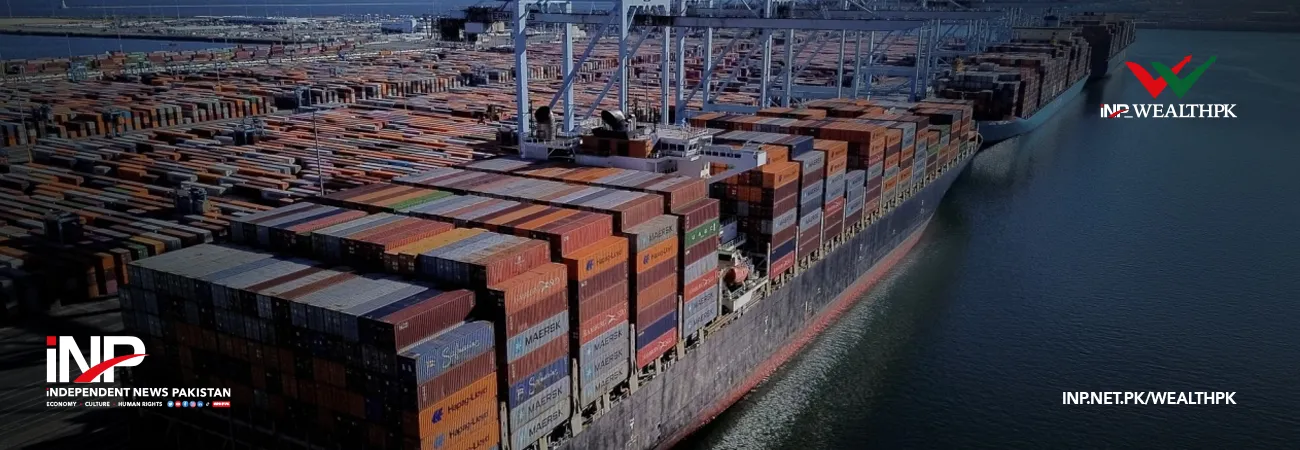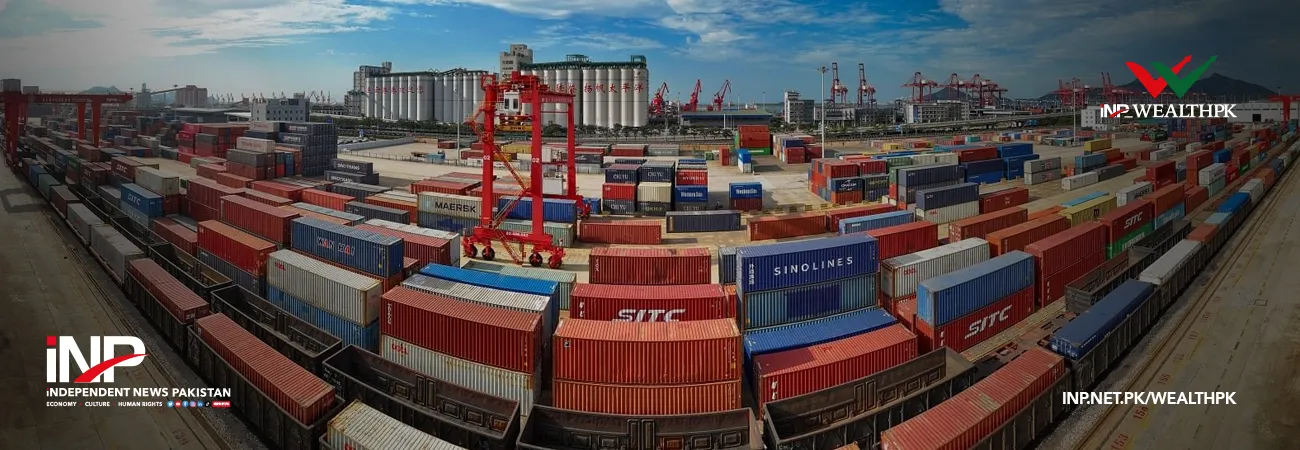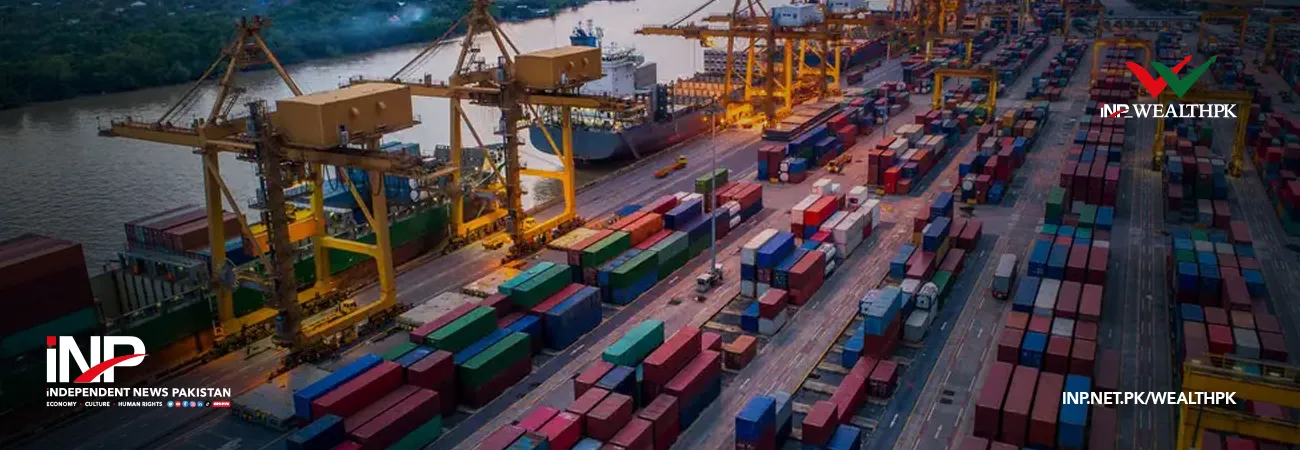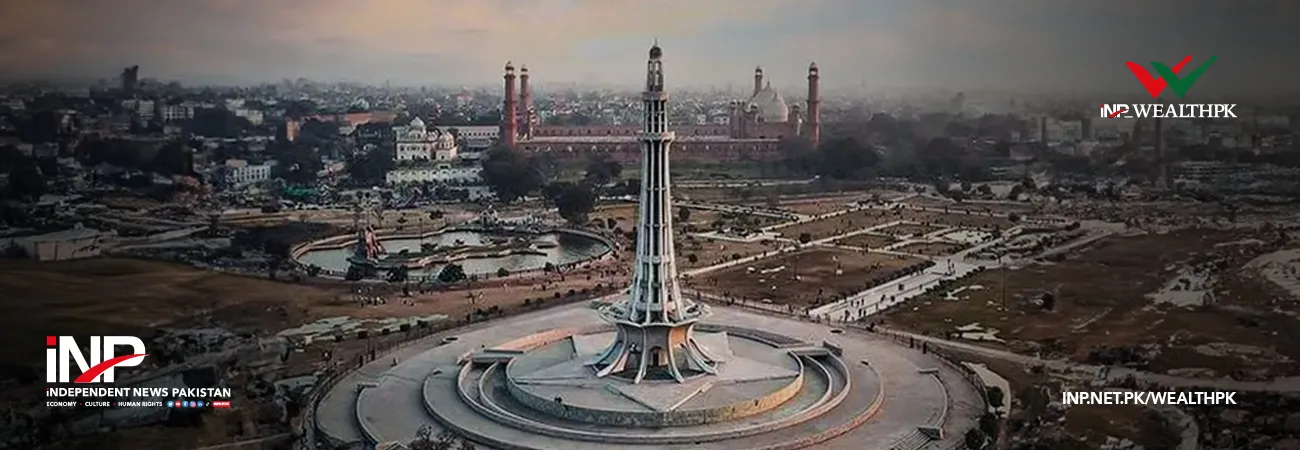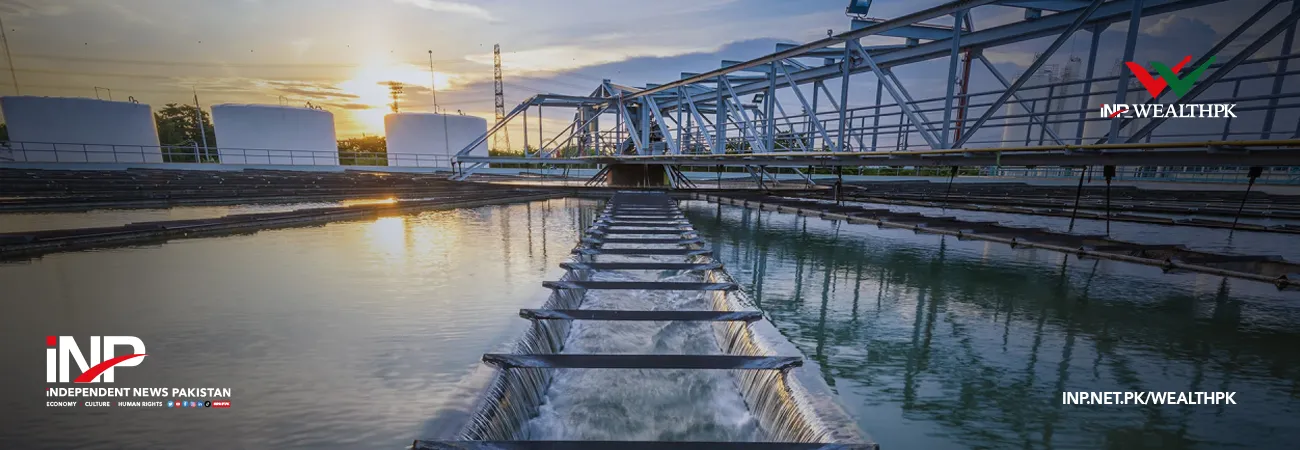INP-WealthPk
Ayesha Saba
The government needs to create a competitive and resilient business environment through strong political will and public-private collaboration to transform Pakistan's economy.

Speaking to WealthPK, an official from the Pakistan Business Council (PBC) on condition of anonymity, highlighted that the excessive tariff barriers in Pakistan were a significant impediment to business growth. "High tariffs discourage innovation, increase production costs, and limit the competitiveness of local industries," he explained. He advocated reducing tariffs on raw materials and intermediate goods to encourage the manufacturing sector and boost exports. He cited examples from regional economies like Bangladesh and Vietnam, which have successfully lowered tariff barriers to enhance their industrial and export potential. The PBC has also called on the government to prioritise these measures.
In a recent report, the council highlighted that simplifying regulatory frameworks and improving market accessibility could lead to a 2% boost in GDP growth annually. The official further shared his concerns that obtaining business permits in Pakistan remained a cumbersome process that discouraged entrepreneurs and small and medium enterprises (SMEs). According to the World Bank’s Ease of Doing Business Index, Pakistan ranks poorly in terms of starting a business and securing construction permits. Streamlining permits through online platforms and reducing redundant approvals can save time and resources for businesses, particularly SMEs that lack the capital to navigate complex regulatory environments.
The PBC official pointed out that efficient permitting processes in countries like Malaysia and the UAE have significantly improved their business climates, leading to higher foreign direct investment inflows. “If we want to attract global investors and empower our local entrepreneurs, we need to simplify how businesses interact with regulatory bodies,” he added. Meanwhile, talking to WealthPK, Majid Shabbir, a former adviser at the Islamabad Chamber of Commerce and Industry (ICCI), said the current bureaucratic processes pose significant challenges for investors and new business owners, hindering the growth of Pakistan’s economy.
He highlighted that while there have been tangible improvements in certain economic indicators, the overall sentiment within the business community remains cautious. “This cautiousness is primarily driven by uncertainties regarding political stability and the consistency of economic policies.” He suggested that the government should aim to implement policies that have broad political support and are designed to remain consistent over time, regardless of changes in political leadership. “This can be achieved through bipartisan agreements and long-term strategic planning.”
He said that Pakistan’s industrial sector is reeling due to the stringent conditions of International Monetary Fund. “This has led to a wave of closures and downsizing across sectors, exacerbating unemployment and economic instability.” In light of these considerations, he urged the Special Investment Facilitation Council to prioritise regulatory reforms aimed at simplifying the business landscape for foreign companies. “By doing so, Pakistan can enhance its attractiveness as a destination for foreign investment and promote sustainable economic growth,” he suggested.
Credit: INP-WealthPk





